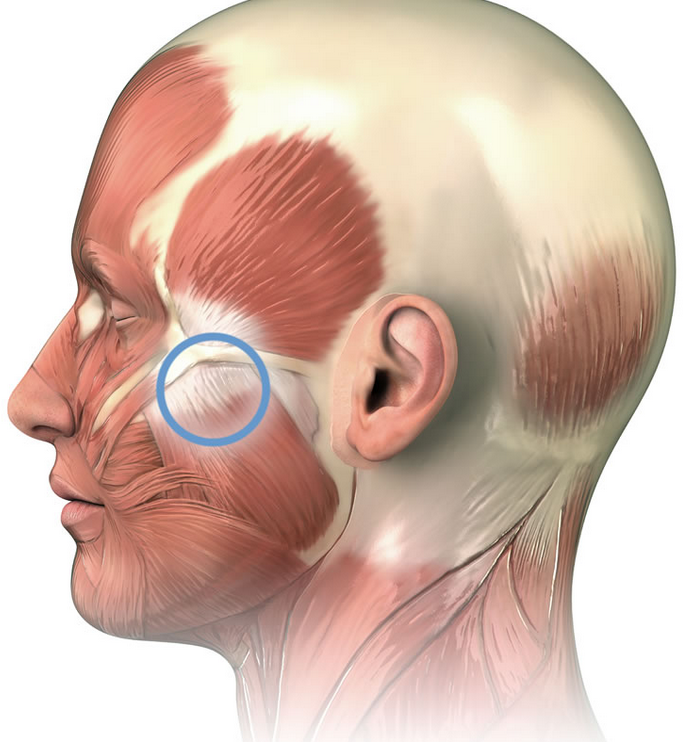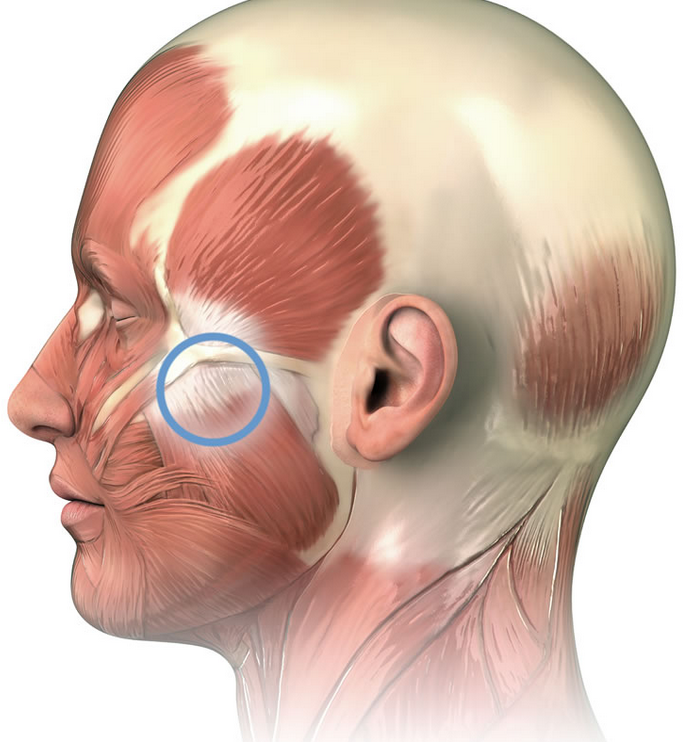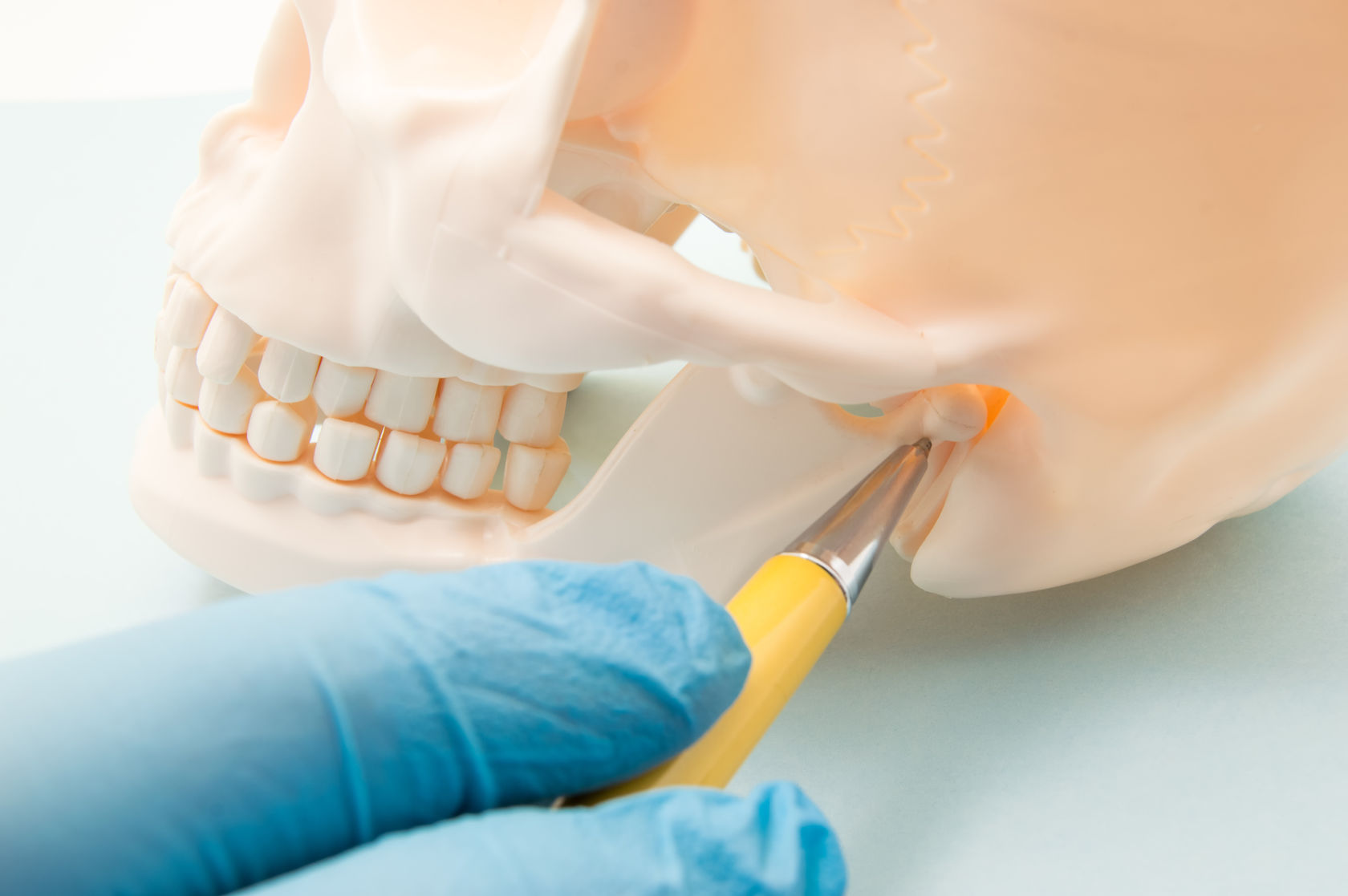TMJ Solutions
What Is TMJ and TMD?
Temporomandibular Joint (TMJ) and Temporomandibular Disorder (TMD) get interchanged in regular lingo a lot. They do technically refer to different things. But in the context of most patients, usually when you hear temporomandibular joint dysfunction issues being thrown around, they’re generally talking about pain or discomfort coming from the jaw joint.
The TMJ is right where your lower jaw connects to your skull. If you press your fingers right in front of your ear and open your jaw, you’ll feel a condyle lower and rise. You’ve just found your own TMJ. Disorders that come from this area usually show up as clicking, popping, and even dislocation. This can be extremely painful and lead to an inability to function normally.
Here is a short list of typical temporomandibular joint dysfunction issues. If you think you’re suffering from any of these symptoms, let us know, and we can provide further support.
- Arthritis
- Trouble Chewing
- Swelling
- Numbness
- Bruxism
- Dislocation
- Jaw Fatigue
- Ringing In The Ears
- Joint Pain
- Face Pain

Types of TMJ Problems
There are three general categories of temporomandibular joint dysfunction:
1. Myogenous: This is the most common form of TMJ and is a muscle-related pain, with the worst pain often occurring in the morning.
2. Jaw Joint Generated Pain: Similar to the internal cogs of the joint grinding where they shouldn’t be. This may involve dislocation of the jaw or a displaced disc within the joint.
3. Degenerative Joint Disease: This can be rheumatoid or osteoarthritis. It usually has an autoimmune component.
The good news is that most of these conditions can be treated with intervention. It’s a good idea to treat these disorders early on to prevent long-term damage.

Treating TMJ and TMD
The most common form of intervention for TMJ and TMD is custom-fitted night guards. These guards provide a natural position for your jaws and muscles to rest, alleviating pressure and healing any swollen or injured musculature, cartilage, and/or tendon.
Often, clenching or grinding teeth at night can create a lot of discomfort and lead to headaches and jaw pain. Clenching or grinding can also cause tremendous damage to the teeth. If you have teeth that are chipped or cracked due to grinding, there may be options to restore them with crowns, veneers, or fillings.

Family Dentistry
TMJ and TMD Due to Stress and Anxiety
Stress and anxiety can permeate our lives and our health. TMJ and TMD are no exceptions to being a symptom of the cause. While not scientifically proven, there are clusters of incidence higher in consultants, lawyers, physicians, law enforcement, and high-stress occupations. If you are under high stress and exhibit anxiety while having jaw pain, you may be in this category of TMJ and TMD sufferers.

